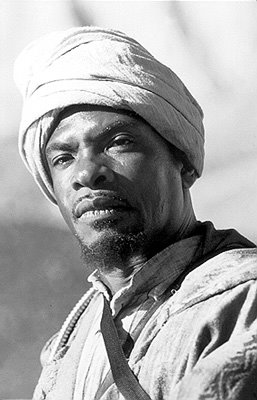1. To begin with, it was pretty cynical of him to seek the endorsements in the first place. He was basically trying to shore up his relationship to the evangelical base of the Republican party, especially in swing states. (Parsley is in Ohio).
2. Even with a bad vetting job, I don't believe the McCain camp would have been totally ignorant of Hagee and Parsley's bigoted comments about Muslims and Catholics. (Which as I've said before are more "mainstream" than the media seems to be acknowledging. In fact, the extent of religious bigotry in the evangelical community should be a story, even apart from the campaign).
3. It is conceivable to me that the McCain camp perhaps missed Hagee's comment that Katrina was sent as a punishment for a planned New Orleans gay pride event but they definitely had to know that Hagee and Parsley would have strong statements against homosexual behavior.
4. Finally, I think McCain's decision to ultimately disavow the pastors was calculated and cynical as well. McCain was fine with bigotry against Muslims, Catholics and homosexuals. But once it is discovered that Hagee made an odd comment involving Hitler (suggesting that Hitler was God's instrument to ultimately herd the Jews to Israel) it was time to pull out for fear of alienating Jews. The "funny" thing is that as a Christian Zionist, Hagee is actually a staunch supporter of the state of Israel and has even won a number of humanitarian awards from a number of Jewish organizations.
5. In the long run, I wonder if this whole episode has alienated McCain even more from the evangelical base? One can only hope.
Slate: The Devil's in the Details: Why John Hagee's views on the Holocaust aren't the only reason for McCain to reject him
AP: Pastor says parting with McCain best for both
Grenada's past;
more on mccain's racially problematic politics
mccain, racism and religious bigotry
mccain - romney ?
mccain's spiritual advisor hates muslims and islam
should john mccain reject and denounce minister john hagee?
john mccain: "i hated the gooks. i will hate them as long as i live."
